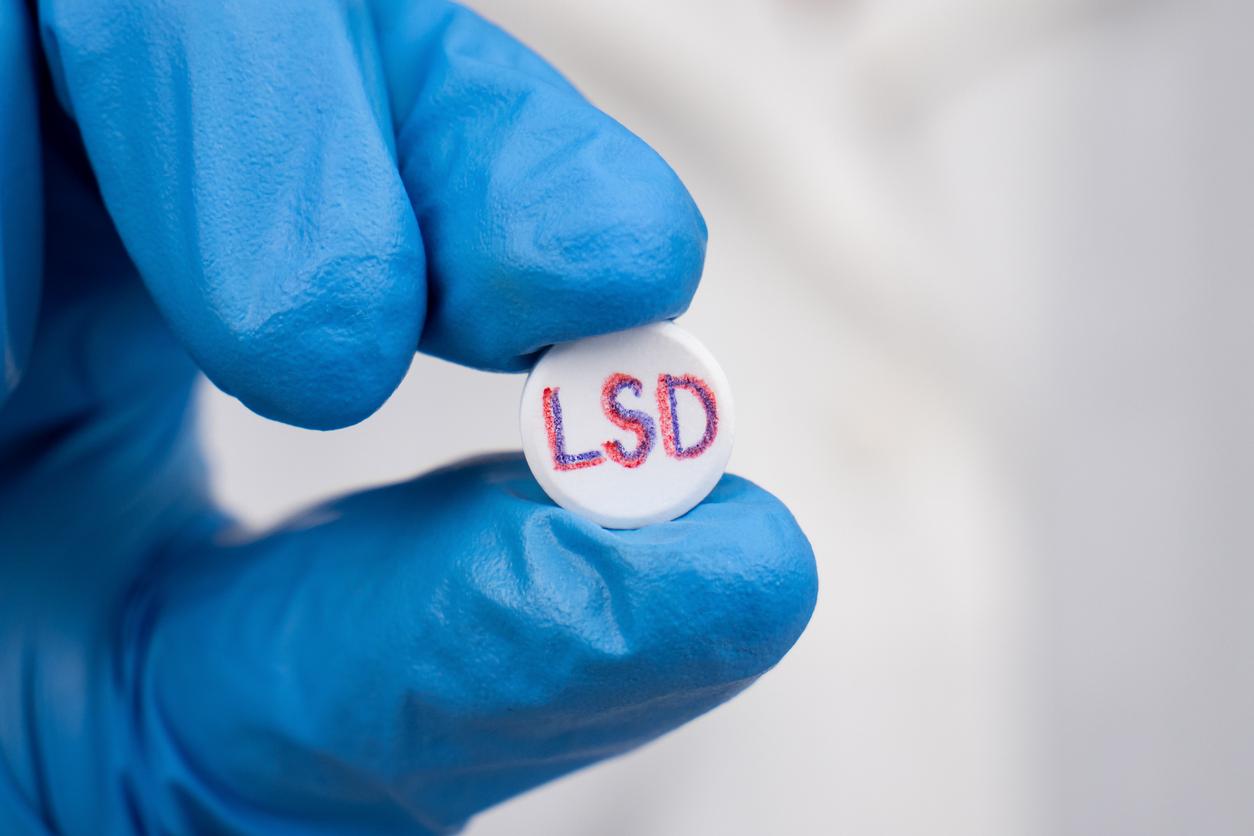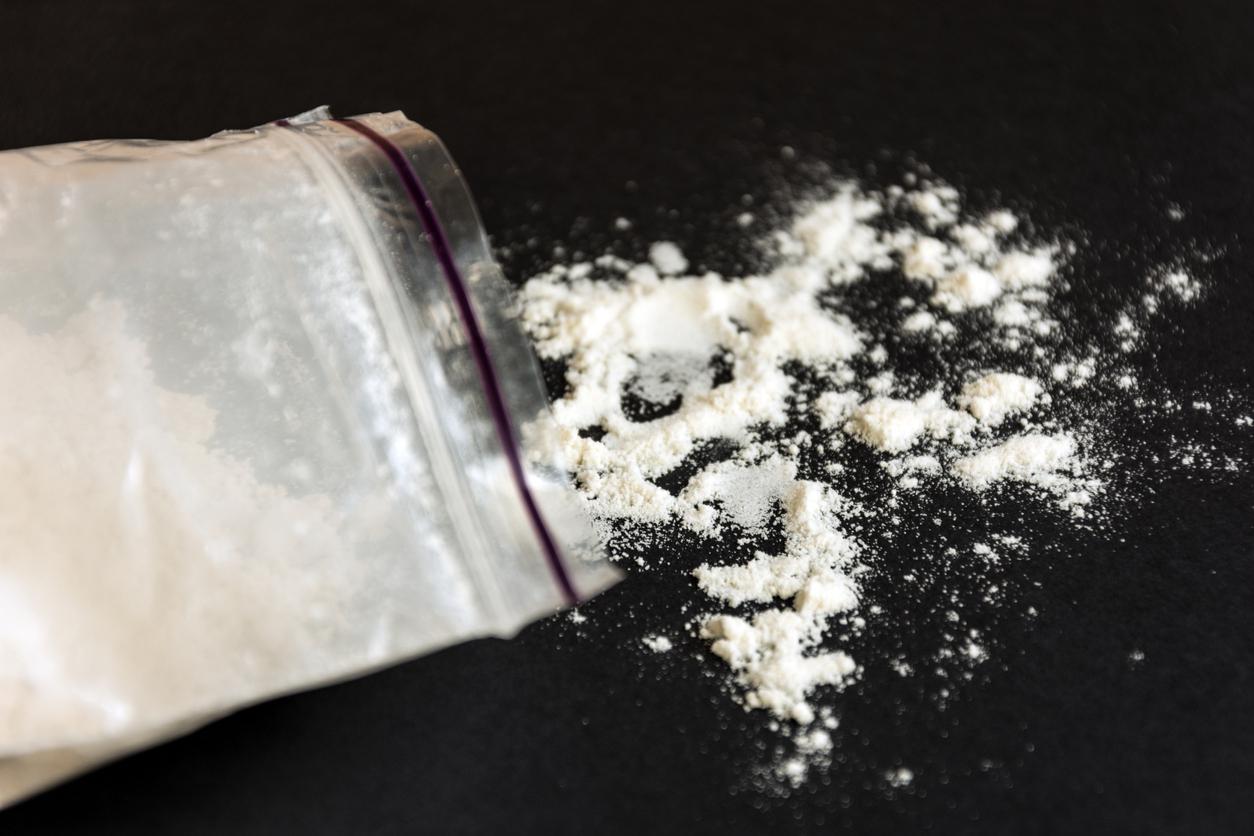It starts with a starting drink, then several, the pretext becomes a habit, the festive turns into an addiction. Alcohol, medicine, tobacco, cannabis, the professional environment has become a terrain of addictions.
91% of the managers and staff representatives questioned by BVA “declare that the employees of their structure consume “at least one psychoactive product” and above all, 85% of them say they are “concerned” by the consequences of this addiction”, indicates Marc Payet in The Parisian. Commissioned by the Interministerial Mission for the Fight against Drugs and Addictive Behaviors (Mildeca), this survey is presented this Thursday at a symposium organized in Paris, on the occasion of the National Day for the Prevention of Addictive Behaviors in the Workplace.
To keep up the pace, be present at repeated late meetings or simply to try to reconcile their professional and personal life, more and more employees are using these “crutches”. It’s the flask of whiskey in the drawer, the joint instead of the cigarette during the break, or the painkiller that shoots when taken in excess.
These addictions can have serious consequences on the person’s mental and physical health. But they also have an impact on the company. Frequent delays and repeated absenteeism disrupt the social climate and can become a source of conflict between colleagues, explains the daily.
When this virus contaminates the environment of white coats, the consequences can be dramatic. “The case of the Orthez clinic showed that excessive alcohol consumption by a caregiver could lead to death in a patient,” recalls the newspaper.
Aware of the scourge, the anesthesiologists have set up a toll-free number available to the people concerned and their entourage. Other hospitals, reports journalist Christine Mateus, organize internal days dedicated to addiction and the prevention of addictions. A salutary initiative, but which does not always lift taboos. “You won’t see the people here who are directly affected. We know them, but to put it bluntly, our alcoholics, our drug addicts never come to these meetings. They are ashamed, ”says an occupational medicine nurse from a hospital in Seine-Saint-Denis.
If doping at work and its consequences are now well identified, have companies taken the measure of the phenomenon? Judging by the proliferation of social conflicts that end in violence, it seems that the epidemic is spreading… with relative indifference.

















